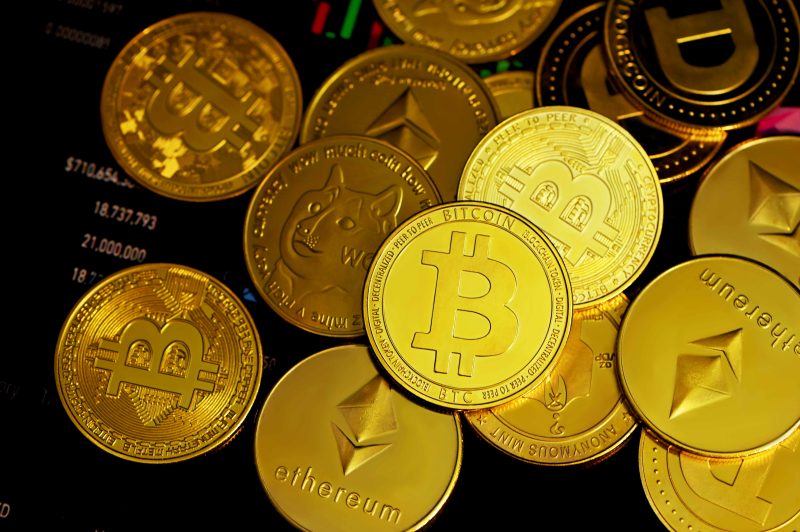The gaming industry is experiencing a significant transformation through the rise of cross-platform crypto gaming. This evolution is breaking down long-standing barriers between different gaming consoles and platforms, promoting a more unified gaming community. Notably, popular games such as Rocket League, Modern Warfare, Apex Legends, and crypto casino have pioneered this movement by enabling gamers to interact seamlessly across PlayStation, Xbox, PC, and Nintendo Switch.
Challenges in a Fragmented Market
Despite the advancements, the gaming market faces several challenges due to its fragmented nature. For instance, games like FIFA 23 still lack features like cross-generational play and cooperative modes, which limits player interaction across different platforms. Moreover, older gaming systems struggle to integrate with modern NFT gaming ecosystems, complicating asset transfers and exposing players to potential security risks.
The Role of Blockchain in Gaming
Blockchain technology is at the forefront of addressing these challenges by enhancing interoperability across different gaming platforms. This technology facilitates the seamless transfer of in-game assets and progression, which is crucial for maintaining continuity in players’ gaming experiences. Blockchain’s inherent security features also ensure transparent and secure transactions, further enhancing the gaming environment.
Tokenizing in-game assets transforms how players interact with their virtual goods. By representing items like skins or weapons as tokens on a blockchain, players can own, trade, and transfer these assets across different games. This not only ensures the portability and security of assets but also enhances their value, making the gaming experience more rewarding.
Benefits of Decentralized Gaming Platforms
Decentralized gaming platforms leverage blockchain to provide numerous advantages:
- Empowerment and Participation: Players can acquire tokens and participate in governance, influencing game development and strategy.
- Economic Transparency: Direct asset exchanges between players promote a transparent and fair economic environment.
- Enhanced Security: The decentralized nature of blockchain minimizes security risks, providing a safer platform for players to engage with.
Blockchain Bridges Enhancing Interoperability
Blockchain bridges play a pivotal role in enhancing the interoperability between different gaming platforms. These bridges enable the transfer of in-game assets across various blockchain networks, allowing developers to utilize the strengths of different blockchains while maintaining a cohesive gaming ecosystem. For example, cross-chain technology like the Wrapped Asset Method and liquidity transfers help smooth asset movement between chains, facilitating a more integrated gaming experience.
The integration of blockchain in gaming is setting the stage for a more interconnected and engaging industry. By enabling efficient, secure asset transfers and fostering a community-driven approach to gaming, blockchain is paving the way for a new era of gaming that prioritizes player agency and participation.

